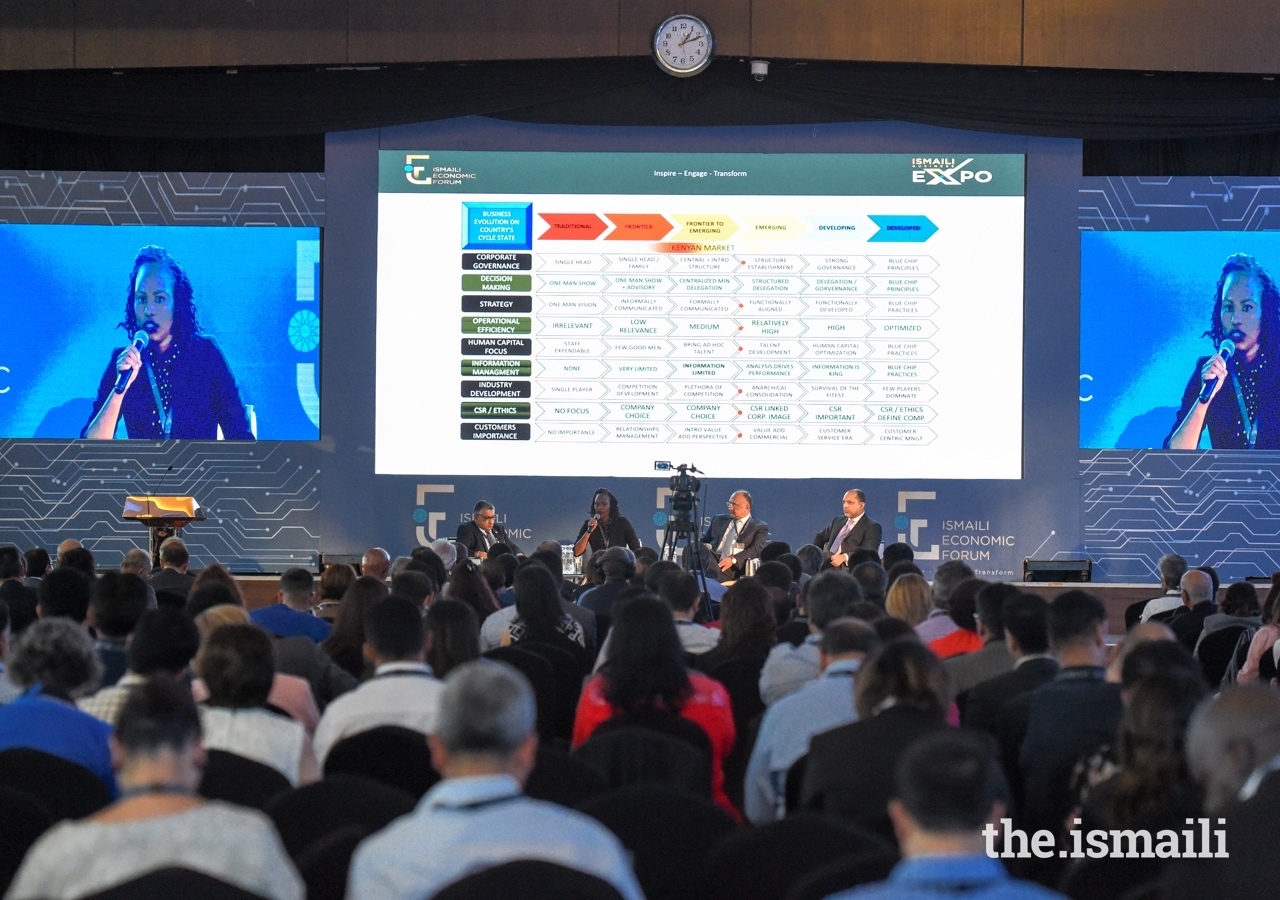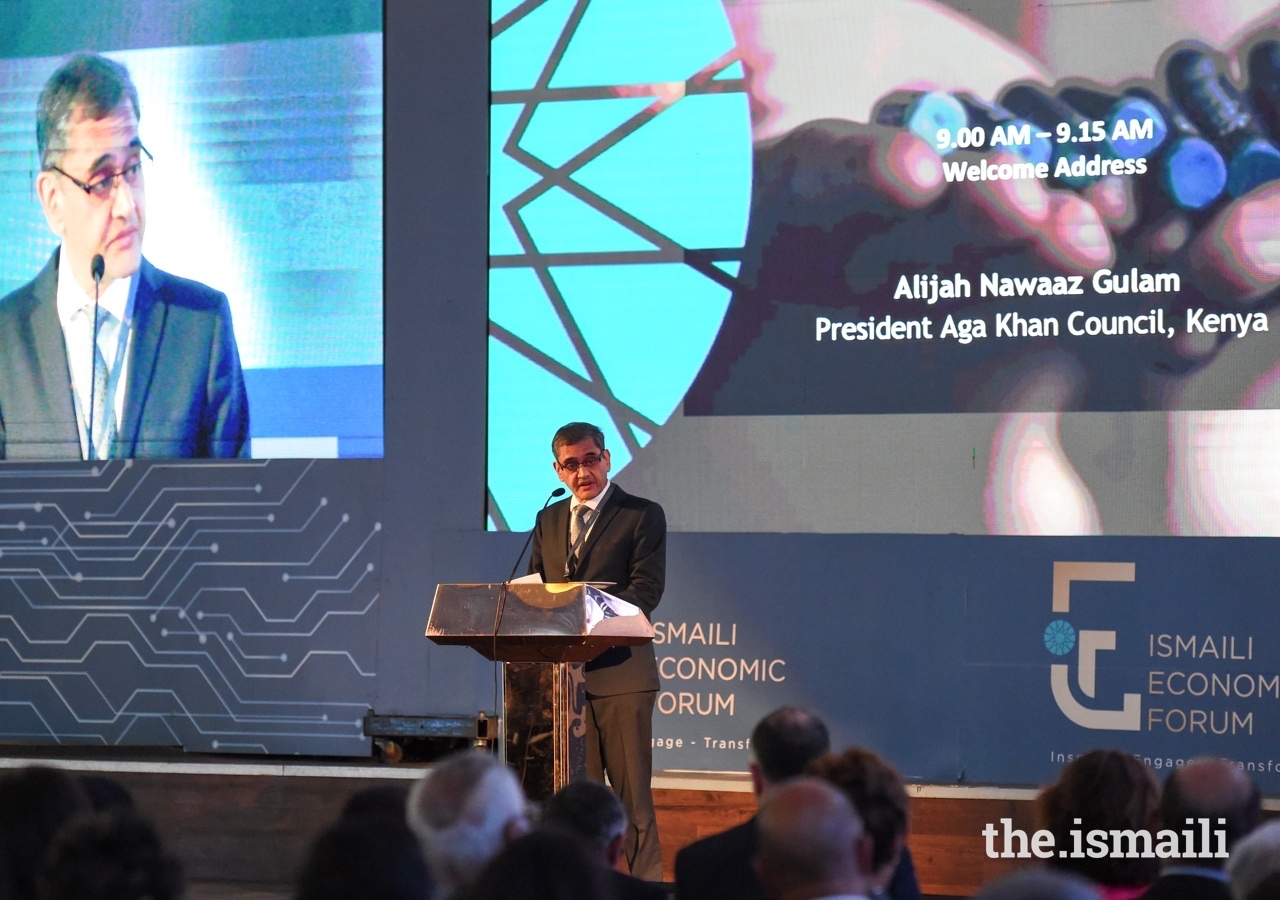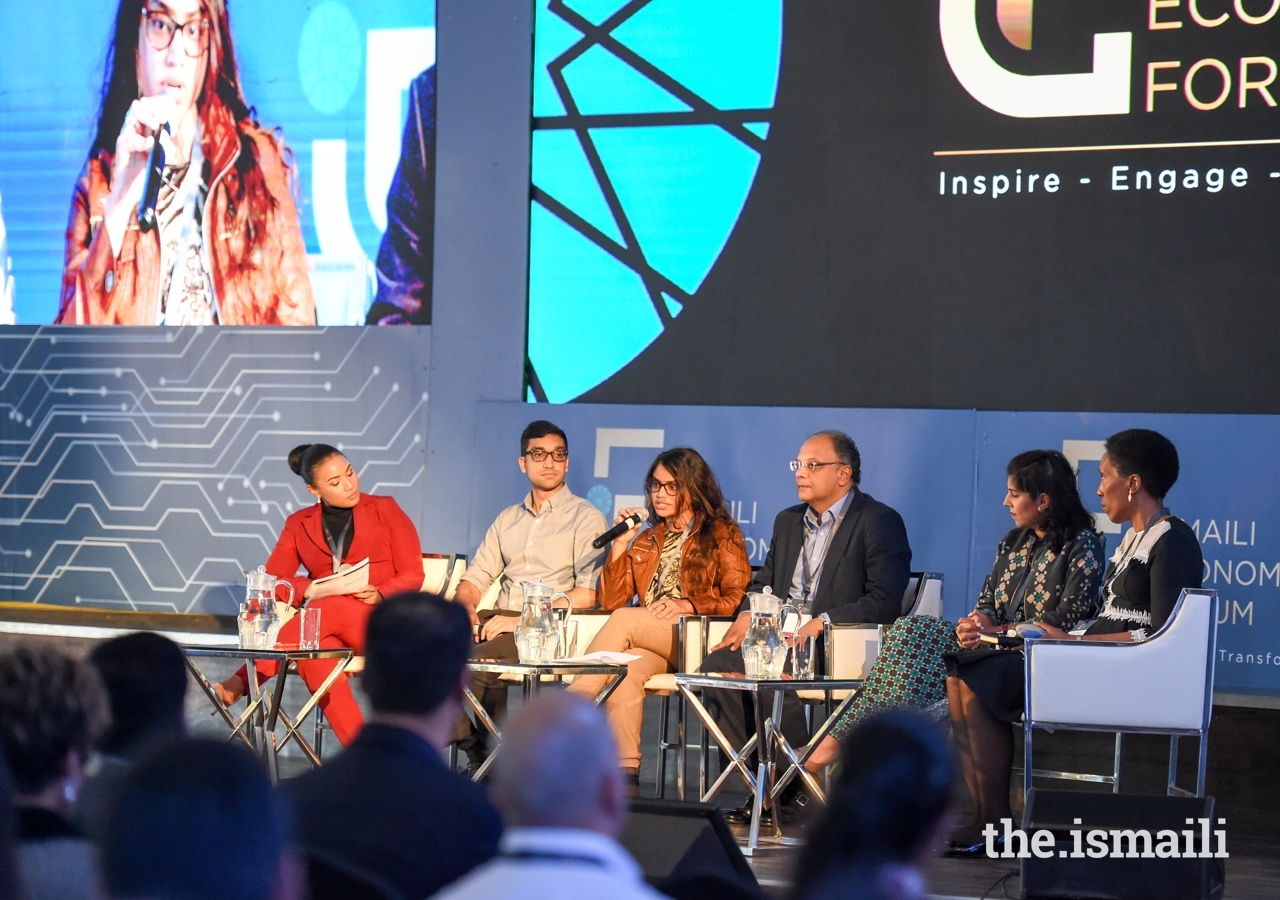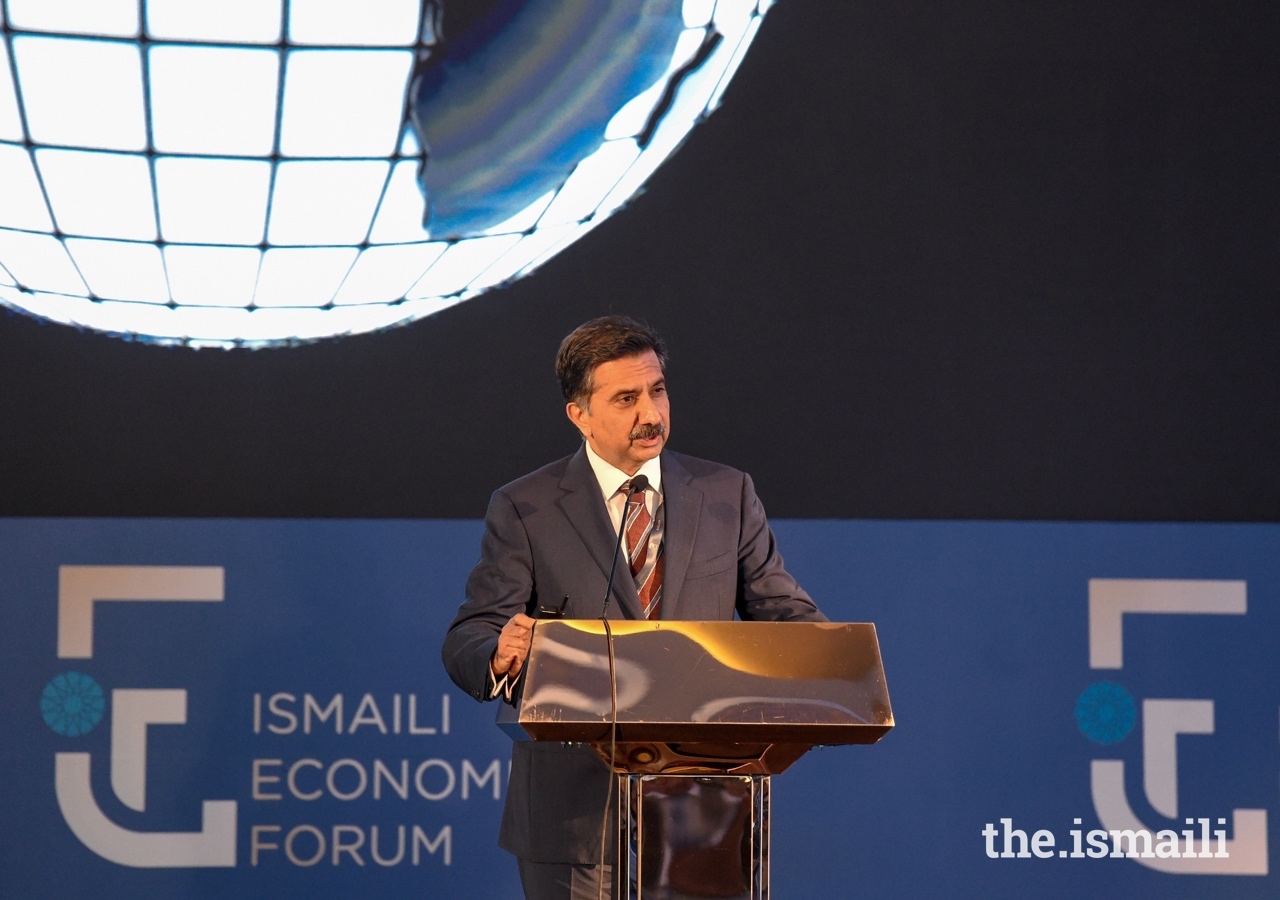Forum delegates represented 20 nationalities, lending significant strength through their diverse socio-economic and cultural outlook, which greatly enhanced participation and overall contribution. In a bid to quench their thirst for knowledge, to network and to learn from some of the most renowned professionals and entrepreneurs in Africa and the world, delegates explored ways in which growing global complexity has and continues to affect businesses and professions, and how to innovate in response so as to stay relevant and prepare for change.
A key theme of the Forum was disruption. Although the term “disruption” connotes negativity, disruption, whether in industry or technologically, is a necessary and welcome process that drives innovation and creates fresh opportunities through new thinking and behaviour. We live in an increasingly dynamic global environment where changes in technology and culture are moulding consumer behaviour and creating new ways to market and sell. Mobile, cloud, and global networks are breaking down physical boundaries in favour of virtual communities. Concern for the environment and climate change is compelling even greater individual and corporate stewardship, and is requiring organisations to be ever more conscientious and climate resilient as they seek opportunities in a changing economy.
Months of meticulous planning by dedicated volunteers resulted in a well-organised and pioneering Forum which included a grand Expo comprising of exhibitors ranging from small cottage industries to large scale manufacturers, along with agencies of the Aga Khan Development Network (AKDN). The forum included workshops and sessions on the future of work, gender equality, innovation and creativity, strategy, succession planning, and more.
Keynote speakers included Asiff S. Hirji, former President and COO of Coinbase, a world-leading crypto currency company; and Timothy Oriedo, a Data Scientist certified by the Massachusetts Institute of Technology. Other speakers included Google’s Farzana Khubchandani, and BBC Africa’s Maya Hayakawa.
A series of inspiring presentations at the Forum included real life stories and experiences which demonstrated the importance of collaboration, engagement, investment, partnerships, and learning. Speakers described the various challenges they had faced, and shared how these were overcome. Sessions on leveraging social and financial capital, sourcing financial instruments, strategic business planning, accessing revolutionary platforms for marketing and selling, as well as the importance of self-appraisal were some of the themes that sought to inspire and transform the outlook of delegates.
The event was well-attended by members of the Jamat, especially young people, including recent university graduates and entrants into the job market.
In welcoming the delegates during the opening ceremony, Ismaili Council for Kenya President Nawaaz Gulam said, “We need to work to ensure that these young families are successful 10 – 20 years out. That we manage our financial and human resources well, that we remain relevant and at the top of our vocation, career or enterprise. That we have global mobility. That we connect. We have a worry, a concern; many face dwindling incomes, are unable to keep up with the cost of living for the desired quality of life, and many are trying to compete in a very competitive environment on their own.”
Networks were forged during the event, in-person and online, through the Forum’s mobile app. Job openings and career opportunities were widely posted on the app, while knowledge and information continues to be shared and industry alliances formed.
“As illustrated by the engagement through the Forum’s App, we have many, many talented, educated and qualified murids that are well employed but who are looking for opportunity, looking for investment and investors to be able to build enterprises,” continued President Nawaaz.
The Forum was met with much appreciation: “What a fantastic weekend! I’m completely blown away by the speakers, the attendance, the participation and the whole atmosphere. Not only do I feel honoured and proud to be a small part of this but I’ve thoroughly enjoyed it,” said Tehzeen Kantaria.
President Nawaaz expressed the need to excel in all areas, saying, “We have a couple of trump cards. We are in the right geography. We are in this geography with experience. If we combine the pursuit of knowledge, build economic resilience, rebuild our social capital, plan well and network, we will succeed. Importantly, we will contribute even more to making our countries ‘Countries of Opportunity.’ Add to that the main trump card. What we need to do for our children – educate them to the highest level, teach them how to learn. Teach them about diversity and tolerance and expose them to global culture. Give them mobility. Learn languages – at least two or more human languages and one machine language. You will today hopefully understand why and be firm in your faith and its teachings. Best practice will build the valuable partnerships needed.”
The event was organised by the Ismaili Council for Kenya through the Aga Khan Economic Planning Board (EPB), whose mandate is to assist the Jamat to improve its economic standing by providing information, counselling, and advice, as well as forming alliances and associations.
The quality of content and engagement at the Forum have led to outcomes that have transcended the three-day conference. Representing some of the African Jamat’s best talent drawn from professional, entrepreneurial, corporate and industry sectors, Forum delegates have continued to collaborate and explore areas of mutual and community interest.
Positive developments include important collaborative efforts by businesses to further women’s empowerment and financial literacy that will include training programmes to prepare women for corporate board participation. Aspiring women entrepreneurs and existing business operators from the community are now participating in Diamond Trust Bank’s Inuka Financial Literacy Programme. For the youth, In Development is an entrepreneurship programme that will feature economic camps and enterprise development with young volunteers drawn from the Youth Coordinating Forum of the Council (YCF) as well as a proposed Innovation Hub, in conjunction with the Aga Khan Foundation. This together with the spike in registrations for the Kenya Chapter of the Ismaili Professionals Network, all illustrate a resounding commitment to transformation and service at every level.











